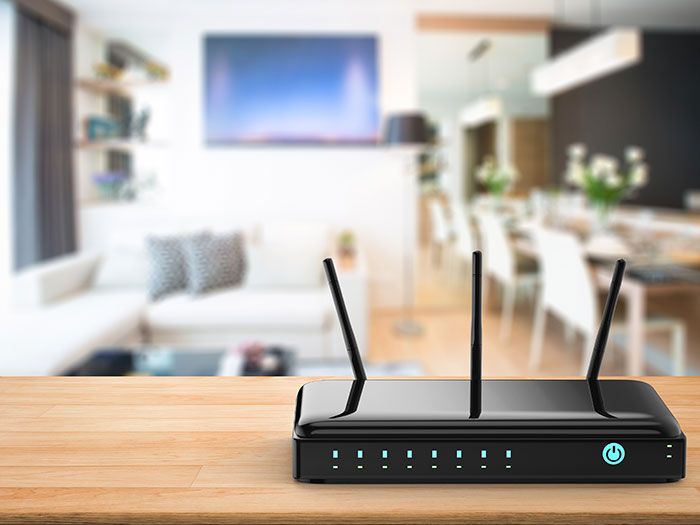Optimizing WiFi Functionality and Stability in Residential Buildings for Increased Resident Contentment
Wiki Article
In multi-dwelling dwellings (MDUs), such as apartment buildings and condominiums, tenants frequently encounter challenges related to WiFi performance and reliability. With an increasing number of individuals depend upon the web for employment, education, and entertainment, ensuring that occupants have availability to a robust and consistent WiFi connection is critical. Poor WiFi connections can result in frustration, lowered productivity, and overall discontent among tenants. Consequently, property managers and owners must understand how to optimize WiFi performance to improve tenant satisfaction.
Initially, actions in enhancing WiFi functionality in MDUs is to conduct a thorough site survey. This survey helps identify areas with weak connections and possible sources of disruption, such as thick walls or digital devices. Through comprehending the design of the structure and the particular needs of residents, building managers can make educated choices about the location of access points. Careful placement of these devices can help ensure that WiFi service is solid and reliable throughout the building, allowing residents to link seamlessly from their apartments.
A further important factor in optimizing WiFi performance is choosing the appropriate equipment. High-quality routers and access points designed for crowded environments can considerably improve WiFi functionality. These devices are built to handle multiple links at once, rendering them ideal for the demands of an MDU. Additionally, implementing a system that functions on both the 2.4 GHz and 5 GHz bands can offer occupants with improved options for linking. The 2.4 GHz band encompasses a broader area but may be less fast, while the 5 GHz band provides faster speeds over limited distances, helping to balance functionality and coverage.
Routine maintenance and updates Go Here play a vital role in maintaining WiFi reliability. Building managers should plan routine checks on devices to verify it is functioning properly. This entails refreshing firmware and software to enhance performance and safety. Additionally, tracking network traffic useful link can assist detect any issues before they become serious issues. By proactively overseeing the WiFi network, property managers can ensure that residents experience helpful resources less disruptions and a more reliable connection.

Lastly, dialogue with residents is vital for website link enhancing WiFi functionality in MDUs. Providing clear guidance about how to link to the network, as well as advice for improving personal device links, can empower occupants to enhance their own satisfaction. Additionally, property managers should encourage input from residents regarding WiFi performance. This data can be extremely useful in identifying areas for enhancement and making certain that the WiFi network continues to satisfy the changing needs of the community. Through concentrating on these strategies, building managers can foster a superior living environment that fosters tenant satisfaction through reliable and effective WiFi connectivity.